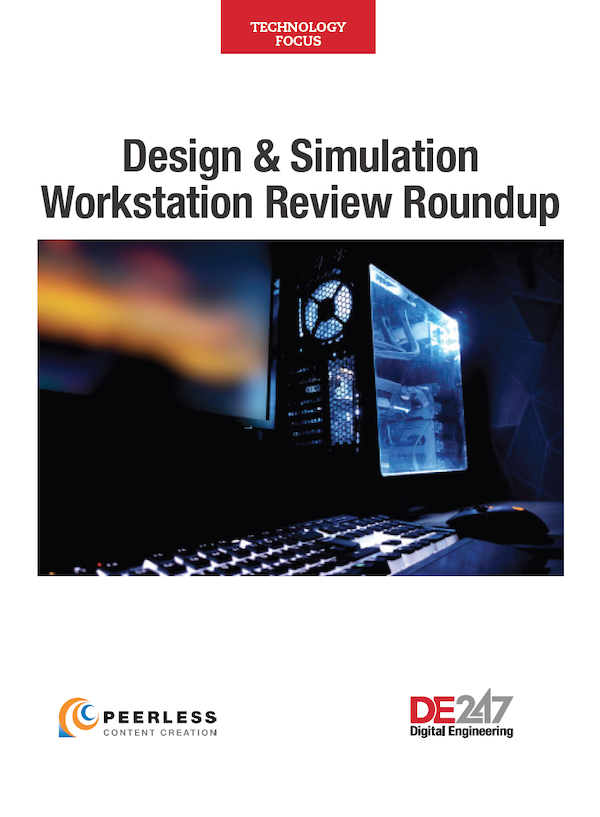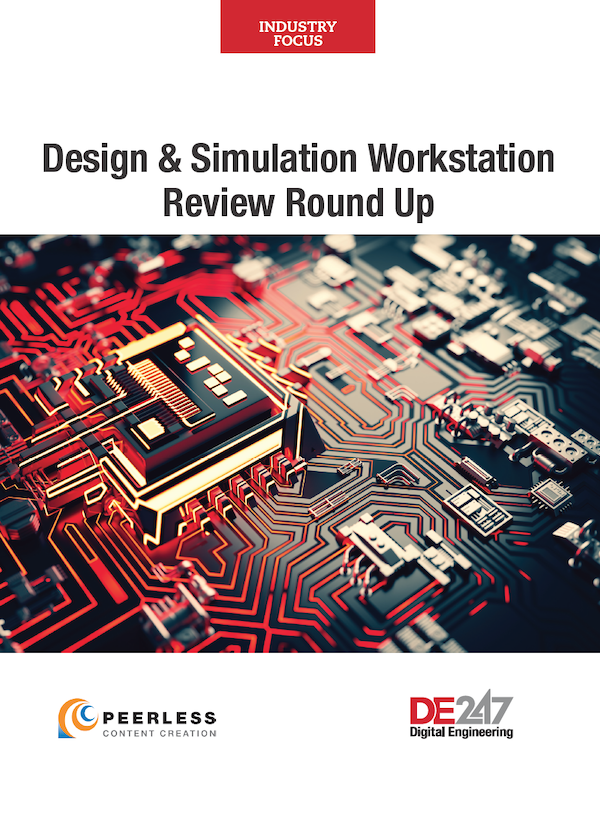DE Podcast: Analyst Jon Peddie Explains COVID-19’s Effect on the GPU Market
JPR releases graphics market report for 2020 Q1, shipments down, growth blunted by Coronavirus and shutdowns
View or stream online

DE Podcast: Analyst Jon Peddie Explains COVID-19’s Effect on the GPU Market Duration
13:09 hrs/min/sec
Subscribe today

Latest podcast episodes
- Jon Peddie on Milestone Moments in the History of CAD
- Leadership Profile: Marco Turchetto of ESTECO on How Automation can Improve Simulation Workflows
- Podcast Series: Engineer Innovation
- 2023 State of Design & Make Report Reveals Skilled Labor Shortage and Sustainability Concerns
- More podcast episodes
Latest News
June 4, 2020
This week, analyst firm JPR released a new quarterly graphics market report for 2020 Q1, revealing “PC GPU market shipments decreased 5.3% sequentially from last quarter but increased 14.9% year-to-year.”
The strange mixture of negative and positive news is partly the outcome of Coronavirus and the associated shutdowns, according to Jon Peddie, Founder and President of JPR.
“The irony is, when people are told to work from home, they're buying more PCs. Quite a few CAD users, when told to go home to work, had to have their IT department move their $25,000 workstations to their home to continue working,” noted Peddie. “For a brief period, in the U.S., UK, and parts of western Europe, retail shops were completely depleted of laptops.”
The Asian supply chain disruptions caused by the early part of the pandemic was “an influencer” to the market's reaction. “The people were buying and depleting the PC retailers' inventory, but the new parts for inventory refill weren't readily available from the supply side,” Peddie said, “but the semiconductors had already shipped their chips out, so they were already on their way ... so for them, the shutdown had a nominal effect.”
Offering a snapshot of the three leading players in the market, the 2020 Q1 report showed, “AMD's overall unit shipments decreased by 16.6% quarter-to-quarter, Intel's total shipments increased by 0.5% from last quarter, and NVIDIA's decreased 13.6%.”
JPR pointed out, “The first quarter is typically flat to down compared to the previous quarter. This quarter was down.”
Looking at Q2, Peddie said, “We believe the stay-at-home orders are creating pent up demand. Some of it will be offset due to the record-setting unemployment. Although unemployment will have a limited effect on many computer buyers, who may at least weather the early phases of the pandemic lockdowns and subsequent recession because their work lends itself to remote computing, consumer confidence is going to be impacted and jobs will be lost.”
Q2 is also seasonally a declining quarter, Peddie pointed out. He predicts a decline about 8-9% in Q2, but remained hopeful that the bleeding may stop at 5-6%.
For the full interview, listen to the podcast below (intro and end music by Ben Sound).
More AMD Coverage

More Intel Coverage
More NVIDIA Coverage
Subscribe to our FREE magazine, FREE email newsletters or both!
Latest News
About the Author
Kenneth Wong is Digital Engineering’s resident blogger and senior editor. Email him at [email protected] or share your thoughts on this article at digitaleng.news/facebook.
Follow DERelated Topics







